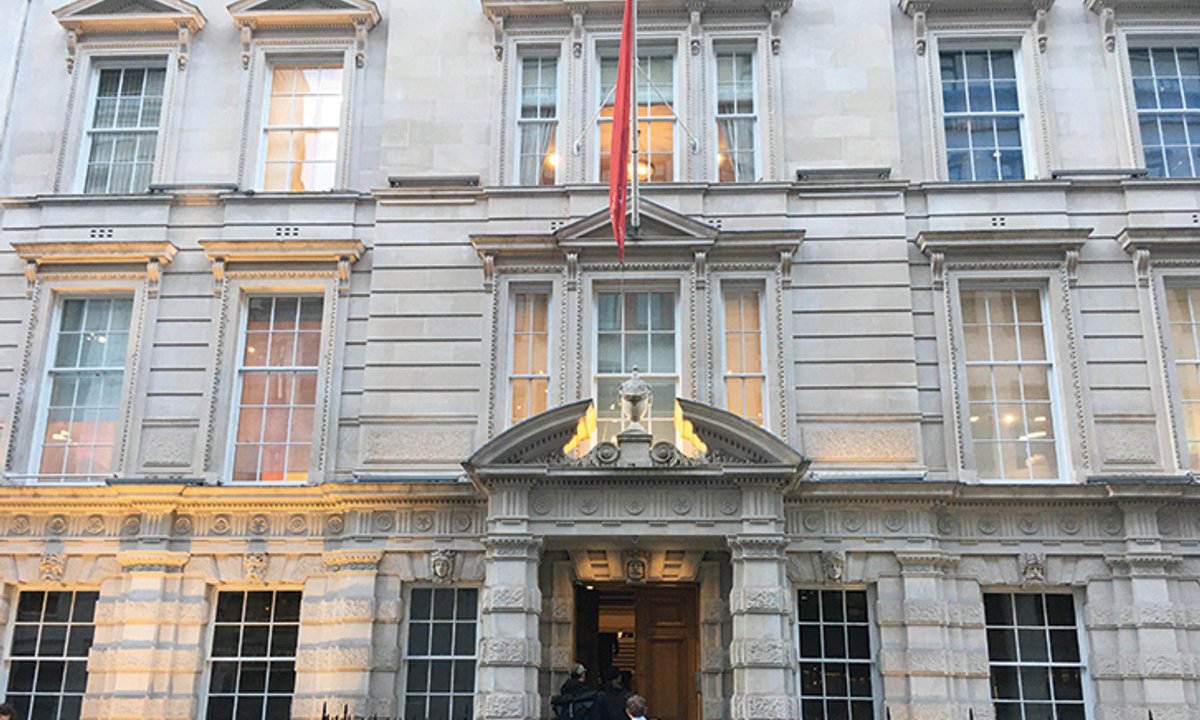Auction houses are often bound by confidentiality obligations to clients that may have no limit in time © Katherine Hardy
Access to historic sales records is becoming more restricted due to increased confidentiality periods at auction houses and dwindling resources for archiving, industry professionals say.
A key driver for increased confidentiality periods appears to be recent developments in privacy laws. The EU’s General Data Protection Regulation (GDPR) has been in force across all EU nations since 2018 and also applies to the UK, even post-Brexit. It introduced a wealth of rules around personal data, including the requirement for explicit consent to collect or process data, the obtaining of clear consent around how information will be used and the right to erasure.
“We recognise there is an ongoing balance between privacy and transparency in any market, but the situation does seem to be getting tougher for provenance researchers, and privacy laws seem to be a key reason for this,” says Angelina Giovani of Flynn & Giovani Art Provenance Research.
While a portion of auction house records are publicly available, the identities and details of sellers and buyers are generally held in strict confidence. Traditionally, access to these records was provided after several decades had passed, typically 50 years. However, this has always been discretionary and lacking the clear legal mandate of, for example, the 30-year and 100-year thresholds in place for the release of UK government papers.
“The auction companies, as a result of GDPR, are less willing to give out the details of consignors or buyers, even though it is agreed that this information is often necessary to prove title and provide the provenance which adds value,” says Julian Radcliffe, the chair of The Art Loss Register.
Confidentiality provisions may also be embedded into sales contracts. “There is an obligation of confidentiality which is implied by the law as a result of custom and practice and, in many cases, also expressly provided for in the contract between the auction house and its clients,” says Martin Wilson, the chief legal counsel and the head of fiduciary services at Phillips. “The implied obligation is not time-limited, and express confidentiality terms in auction seller and buyer agreements are also not usually time-limited, so in theory the confidentiality obligation is ongoing and without limit in time.”
In practice, however, auction houses must consider several factors when handling confidentiality, including whether the client is still alive and the level of resources available from its in-house archive teams to extract the relevant information.
A Sotheby’s spokesperson says: “In the EU and the UK, privacy rights are protected by way of contract, common law (ie agency principles) and data protection regulations. Thus, the identity of buyers and sellers are protected in several ways, and we are restricted from making disclosure without the client’s consent.” Similarly, a Christie’s spokesperson says the house “respects and maintains the confidentiality of all clients and their transactions in line with our legal obligations and market practice”, adding that “provenance details are included in cataloguing which is available on our website, and our archivists regularly support those conducting academic research into historic auction sales”.
The degree to which such data privacy measures can be used to restrict access is still unclear. Jon Baines, a senior data protection specialist at the law firm Mishcon de Reya, says: “Data protection law (by which we mean, mostly, the UK GDPR) doesn’t prescribe how long confidentiality lasts. If information is confidential because an auction house owes a duty to a client, the UK GDPR won’t add or remove anything to that analysis. There remains a lot of confusion about data protection law: it’s important to remember that it only applies to information about individuals (not companies), and it’s very unlikely that it will override other laws.”
Where access is not granted, legal action is an option. Certain groups, most notably the heirs of Holocaust victims, have compelled courts to disclose full provenance and seek injunctions barring the sale of works of art that they believe belong to their families. Such legal frameworks have also benefited unrelated cases. In 2008, the tech entrepreneur Halsey Minor sued Sotheby’s for not dislcosing a loan it had made to the consignor of a painting by Edward Hicks, which Minor successfully bid on, and later refused to pay for, claiming that Sotheby’s partially owned the work.

